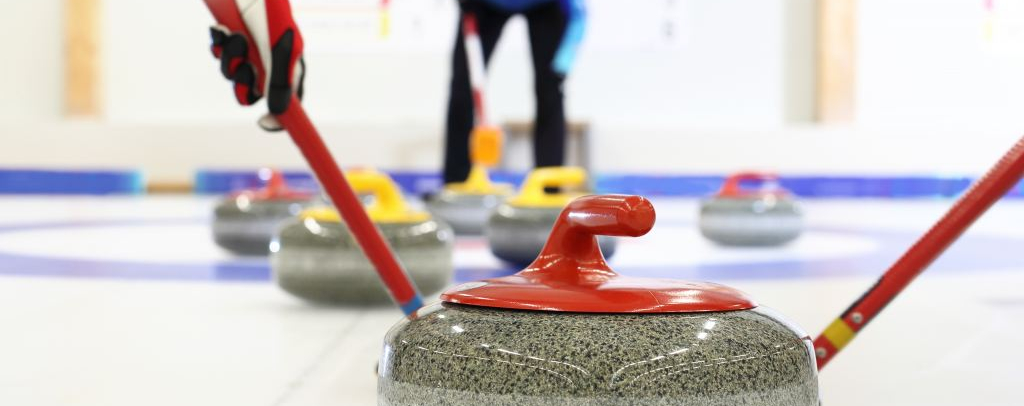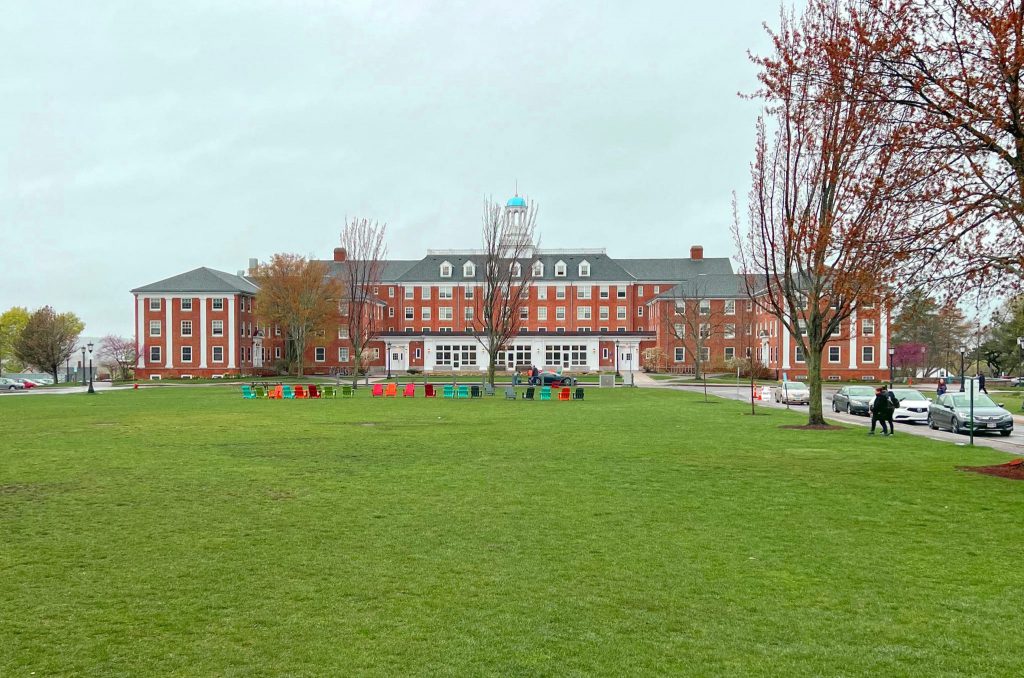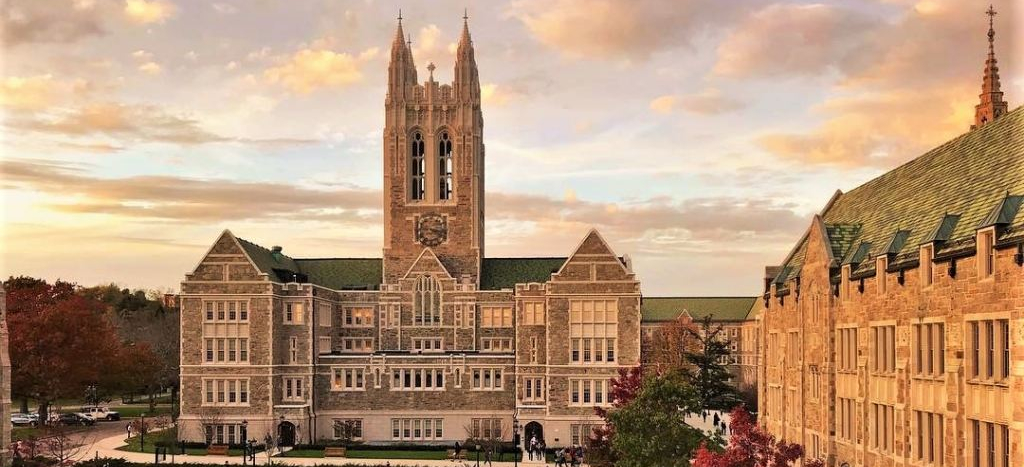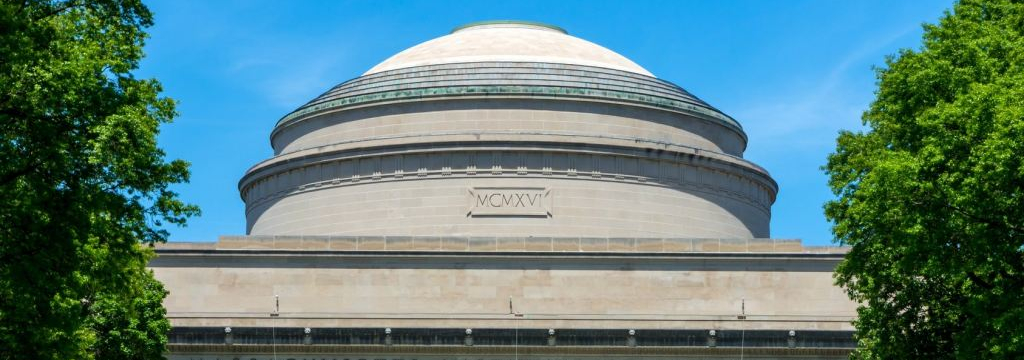Navigating the college experience can be uniquely challenging for students with Autism Spectrum Disorder (ASD) and other types of neurodiversity, requiring specialized support and understanding. Fortunately, many colleges across the U.S. offer programs that support neurodivergent students, including help with academics, social skills, executive functions, independent living, and career preparation. We look at some of the best colleges that offer programs for students who are neurodivergent, whether they have ASD or other types of neurodiversity.
What Are Neurodivergent Students?
Individuals who are neurodivergent process emotions, behaviors, and learning in ways that differ from what is considered the norm. Examples of neurodiversity include autism, ADHD, dyslexia, and bipolar disorder, just to name a few. Recognizing the unique strengths and challenges of neurodivergent students is crucial for creating inclusive and supportive educational environments that cater to their specific needs and facilitate their academic success.
What Are the Struggles of Neurodivergent Students?
Neurodivergent students often struggle with social interactions, communication, test anxiety, sensory sensitivities, and working memory — among other challenges — which can impact their academic and social experiences. They often have difficulty with executive functions like organization, time management, and maintaining a schedule. Traditional learning environments are not tailored to their unique learning styles, which can pose obstacles if students don’t have the right support. Addressing these challenges in educational settings requires a comprehensive approach, involving accommodations, awareness, and a commitment to making neurodiverse students feel included.
How to Choose the Best Autism-Friendly College
While many colleges offer programs and services for students with autism spectrum disorder and other types of learning differences, they do not necessarily cater to all types of neurodiversity. Before you start researching schools for your child’s college list, think about their needs, goals, and interests when it comes to the academic and social aspects of college life.
“Students and families need to really reflect on the level and kind of support they need before entering their college search,” advises IvyWise counselor Kimberly, who works with students with language-based learning disabilities. Does the student need academic coaching? Does the student need continued instruction in social skills? Are they comfortable with just receiving extended time and assistive technology accommodations? These questions will help guide you and your student to the level of support and the subsection of colleges that will provide the best fit.
What do we mean by level of support? According to Kimberly, “there are three general levels of learning and special education support available to students in college.”
- The highest level is for students who are neurodivergent and/or have language-based learning disabilities. Only two schools exist at this level: Landmark College and Beacon College.
- The second level comprises hundreds of mainstream institutions in the U.S. that provide fee-based learning support programs for students with language-based learning disabilities, autism spectrum disorder, and other types of neurodiversity.
- At the third level are colleges that offer basic accommodations through their disability services office as required by the Americans with Disabilities Act.
19 Best Colleges for Autistic Students
As we mentioned above, there are hundreds of colleges with special needs programs across the U.S. that offer robust support and accommodations. Some of them cater especially to autistic students, while others welcome students with other types of neurodiversity. To help you with your college search, we listed 19 of them here.
- Landmark College in Putney, Vermont, was established to support undergraduate students with autism, ADHD, dyslexia, and/or executive function challenges. The school offers associate and bachelor’s degree programs and a variety of activities and opportunities that allow students to have a fulfilling college experience.
- Beacon College in Leesburg, Florida, is the first accredited U.S. college focused on the needs of undergraduate students with learning differences. Students can pursue associate or bachelor’s degrees with the support and accommodations that help them succeed academically and socially while preparing for life after college.
- Defiance College in Defiance, Ohio, supports students on the autism spectrum through the ASD Affinity Program. Students enrolled in the program receive customized levels of academic, residential, and social support to help them become independent and successful — first in college, then in a career.
- Bellevue College in Bellevue, Washington, offers an associate degree program for adults with learning disabilities through the Occupational and Life Skills program. In addition to improving their interpersonal skills, students identify a career path and prepare for the workplace through classroom instruction and an internship.
- The Moss Scholars program at Bradley University in Peoria, Illinois, is available for neurodiverse students who need executive function coaching, academic support, and other assistance. Students in the program transition to different levels of support each semester as they gain skills and independence.
- At Eastern Michigan University in Ypsilanti, students on the autism spectrum can enroll in the College Supports Program (CSP), which offers academic, social-emotional, residential, life skills, and executive function coaching and support. Family involvement is an important component of the program.
- The Learning Academy at the University of South Florida in Tampa is designed to help autistic students have an authentic college experience and achieve their professional goals. The program’s curriculum teaches students to advocate for themselves and helps them develop social and job skills.
- At California Polytechnic State University in San Luis Obispo, students can register for the Empowering Autistic Scholars program at no cost to receive peer, faculty, and staff mentoring; skills training; professional development; academic and career advising; a paid research assistantship; and more.
- Adelphi University in Garden City, New York, offers the award-winning Bridges to Adelphi program to provide neurodiverse students with social, academic, and vocational support. Students in the program work with mentors who help them transition to college life, overcome challenges, and prepare for the workforce.
- The OnTrack program at Syracuse University in Syracuse, New York, is available to students with learning differences through the Center for Disability Resources. Students meet with a trained coach twice weekly for individualized academic and executive function support. After the first year, students can scale down the program as needed.
- The Kelly Autism Program (KAP) at Western Kentucky University in Bowling Green established the Circle of Support to help ASD students succeed. Assistance includes private residence hall rooms, mentoring, mental health counseling, weekly advisor meetings, supervised study sessions, and social activities.
- Arkansas State University in Jonesboro offers the H.O.W.L. Transition Program to assist students with autism and learning differences. Mentors assist with academic support, life skills, and independent living. Students also receive career planning services and help with social, behavioral, and emotional challenges.
- Loras College in Dubuque, Iowa, supports autistic students through its ARCH program. Students receive academic support, mental health counseling, mentoring, peer tutoring, structured social activities, and career preparation. The program also offers sensory room access and a single-occupancy dorm room as needed.
- The ASPIRE program at Saint Joseph’s University in Philadelphia, Pennsylvania, supports ASD students through peer mentoring, skills courses, and case management. Students learn how to be successful academically and socially, live independently, and build job readiness skills. Participating students can choose to live in the ASPIRE Residence Hall.
- Fairleigh Dickinson University in New Jersey offers a comprehensive, individualized support program for ASD students through the COMPASS program. Students receive weekly counseling and academic support to help them succeed academically and develop new skills. COMPASS is offered at the Teaneck and Florham campuses.
- Students with developmental disabilities at Texas Tech University in Lubbock can enroll in the CASE program, which pairs them with a learning specialist. CASE students receive academic support and help with independent living, executive functions, social connections, and job skills.
- The On Your Marq program at Marquette University in Milwaukee, Wisconsin, caters to all neurodivergent students. The program takes a holistic approach by assisting in the development of every facet of the student’s life. Formal and informal supports include weekly seminars, a peer mentor, one-on-one coaching, mental health support, and tutoring.
- Thomas More University in Crestview Hills, Kentucky, is home to the Institute for Learning Differences, a college program that helps students with academic, social, life, and executive function skills. Students work with a combination of tutors, coaches, and assistive technology to succeed both in and out of the classroom.
- The University of Maryland in College Park offers SIGNA, a skills training program that helps neurodivergent students improve their executive functioning, social communication, and self-advocacy skills. Students work with coaches, attend weekly group meetings, and check in with peer mentors, as well as participate in social and professional events.
Preparing for college and finding best-fit programs for your neurodivergent student can feel like a monumental challenge. Check out our college counseling services for students with learning differences, which are tailored to each student’s needs and goals.




